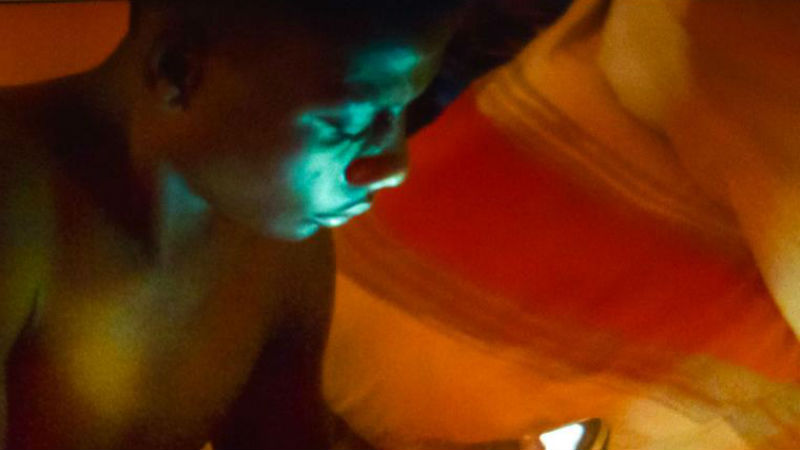It’s not often that a film willfully aims for distance and monotony, and it successfully finds urgency in the banal and the mundane. This is precisely what Argentinian born and Paris-based filmmaker Eduardo Williams does in his latest endeavour, the unusual the documentary The Human Surge.
The film has indeed a deeply artistic, experimental and borderline homemade feel. The camera is mostly handheld and shaky, and Williams’s idiosyncratic narrative style, with loose plots and a fluid congruity, won’t please everyone. It’s not surprising that the film premiered in an art gallery earlier this year, the Tate Modern. Yet it’s not like an art installation in a museum, which you sit watch for 10 or 15 random minutes and then walk away. It’s a 93-minute feature that must be seen in its entirety. And it’s not a film to be watched at it home, and it mandates concentration and attention to detail.

Young men in three countries and in three different continents are the subject of the movie: first in Argentina, then in Mozambique and finally, in the last third of the film, in the Philippines. The people mingle in groups, have futile conversations, meander aimlessly and engage in soulless sex; their existence looks profoundly tedious to an outsider, almost worthy of pity. Perhaps most importantly, they communicate with the support of technology: computer, mobile phones and so on. Such devices link the three narratives in a very subtle and yet effective way. It’s not entirely clear whether the dialogues and action are scripted, and whether the young men are reenacting something – and this ambiguity is an integral of the allure of the movie
This is a dry and prescriptive experiment. Faces and bodies are hardly discernible in some of the dialogues, particularly the most sexually-charged moments.The shots are mostly medium and long, there is no voice-over and the overall result is purposely dispassionate, disjointed and disengaged, almost like a amateurish scientific observation. Or a nature show about an exotic creature called homo sapiens. Except that there is there is no avuncular David Attenborough, and the photography is dark and somber.

In fact, the most impressive moment of the film is when the focus moves away from human beings. The camera shifts from a urinating young man and literally splendidly penetrates an anthill morphing into macrophotography, thereby documenting the movement inside the colony. It’s as if Williams wanted to tell us these social insects function is a manner not too different from us human being.
In a nutshell, this is a dirty and innovative film, and it’s interesting to watch if you have a taste for languid and excruciating observation. The Human Surge is out in selected cinemas across the UK on Friday, July 7th.








